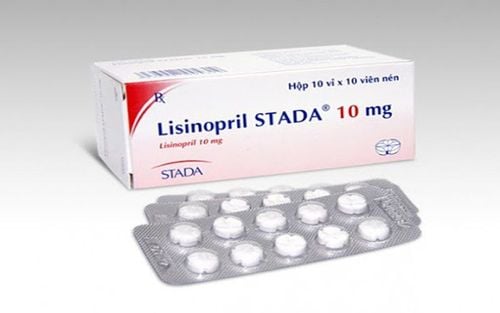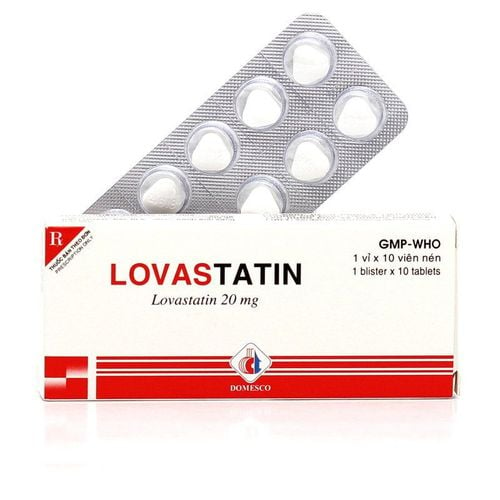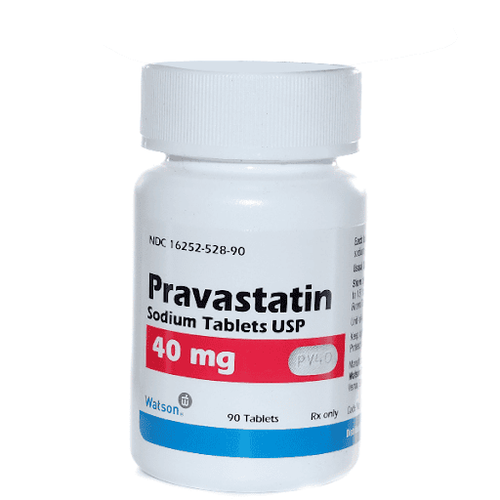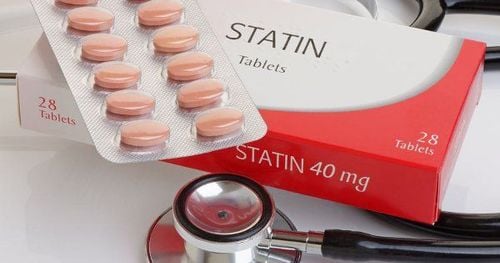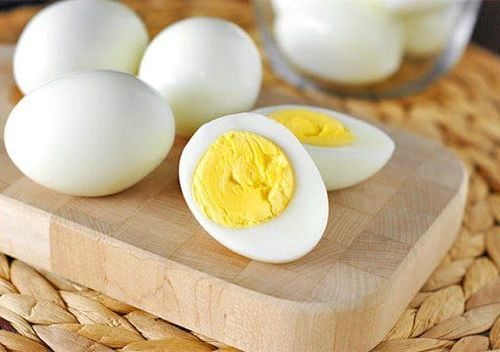This is an automatically translated article.
Eggs used to be a dish that doctors and experts were wary of because of their increased risk of cardiovascular diseases due to their high cholesterol content. However, recent studies have shown the opposite results. So should people with heart disease eat eggs?
1. Eggs and cholesterol
To find out if you should eat eggs for cardiovascular disease, first of all, we need to know what ingredients are in eggs?
Nutritional ingredients in eggs include:
Cholesterol ; Protein; Choline; Biotin - Vitamin B7 and vitamin A ; Antioxidants lutein and zeaxanthin. One egg yolk contains up to 200mg of cholesterol, so eggs are one of the most cholesterol-rich foods in the daily diet. Therefore, in the past, when asked what should not be eaten with heart disease, the answer was always the presence of eggs.
In addition to cholesterol, eggs also contain other nutrients, each egg also contains a moderate amount of fat (about 5 grams), mostly monounsaturated and polyunsaturated fats.
Currently, new studies show that the relationship between dietary cholesterol and blood cholesterol is not much. The focus so much on cutting cholesterol in the diet is out of focus compared to categorizing and identifying saturated and trans fats, which are potentially metabolically active. affect cholesterol levels in the blood.

Chất bèo trong trứng gà chủ yếu là chất béo không bão hòa đơn và không bão hòa đa
2. Eating eggs is good for the heart?
The egg consumption study in 2 large populations (about 40,000 men and more than 80,000 women) found that consuming one egg per day did not increase the risk of heart disease in the general population .
Previous studies have suggested that eggs are a food group associated with cardiovascular risk factors due to high cholesterol. However, a recent worldwide study firmly believes that in most people, the amount of cholesterol consumed in food has little effect on blood cholesterol and LDL levels (a type of bad cholesterol) compared to the amount of cholesterol consumed in food. a diet that contains a combination of different types of fats. Of course, this study does not apply to a diet of three fried eggs per day.
A 2008 health report supported the idea that eating one egg a day is generally safe for the heart and of course going beyond that number can increase the risk of heart failure later in life.
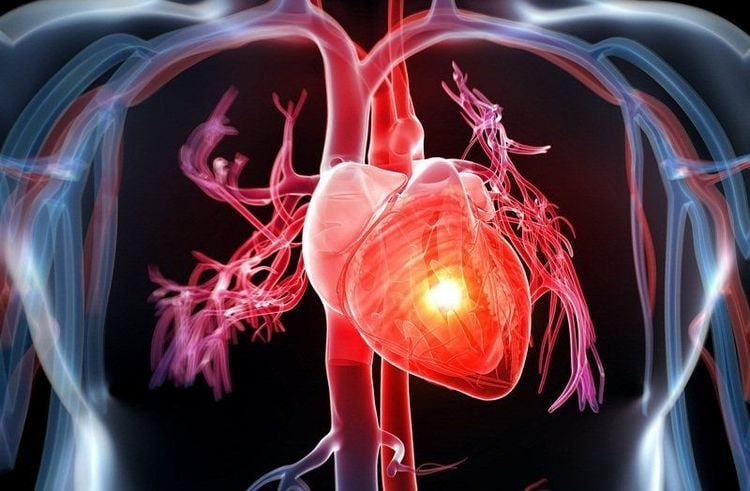
Ăn một quả trứng mỗi ngày cơ bản là an toàn cho tim mạch
In patients with difficult to control total cholesterol and LDL in the blood should be cautious when using egg yolk and should replace with dishes made from egg white. The same is true in patients with diabetes.
Many health studies around the world show that the risk of cardiovascular disease in men and diabetes in women will increase if eating more than one egg per day. Therefore, in the most optimal conditions, patients with diabetes and cardiovascular disease should only use a maximum of 3 egg yolks per week.
To assess the real link between egg consumption and heart health, we need to evaluate and compare the health effects of eggs and other foods that can replace eggs in the daily diet .
For example every breakfast, when comparing eggs to refined grains high in sugar or bread, eggs are the better choice. On the other hand, instead of just focusing on eggs, we should choose to eat a bowl of oats, nuts or berries... will be better for heart health. Whole grains and fresh fruit help reduce risk factors for heart disease.
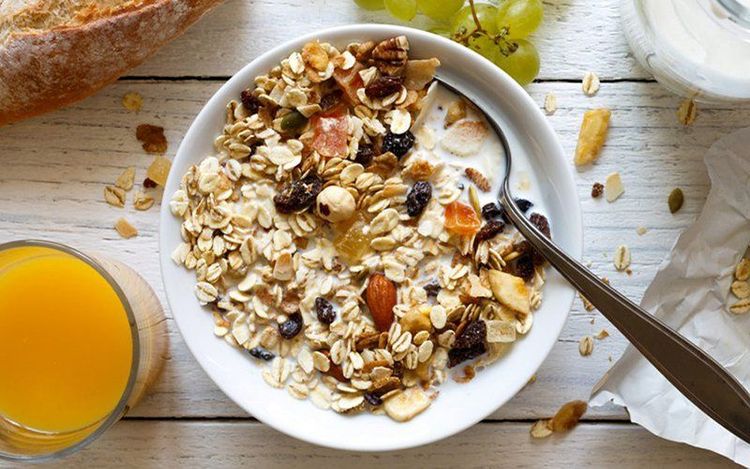
Ăn sáng bằng ngũ cốc nguyên hạt và trái cây sẽ tốt hơn cho sức khỏe tim mạch
When it comes to protein (protein) sources, nuts and seeds help reduce mortality from health problems in general and heart disease in particular when compared to high meat consumption red or egg to get protein.
Through the above studies it can be concluded that eggs may not be the most optimal breakfast choice, but it is not a bad choice either. Eggs are in the middle when we make food choices based on cardiovascular risk.
Thus, a healthy diet that includes moderate to low egg consumption is optimal, along with other alternative sources of plant protein.
Hope the information in the above article will help readers understand whether people with heart disease should eat eggs so that they can build a suitable diet. If you still have doubts, you can go to Vinmec International General Hospital to examine, develop a nutritional regimen and receive advice from experts.
Please dial HOTLINE for more information or register for an appointment HERE. Download MyVinmec app to make appointments faster and to manage your bookings easily.
Reference source: .hsph.harvard.edu




